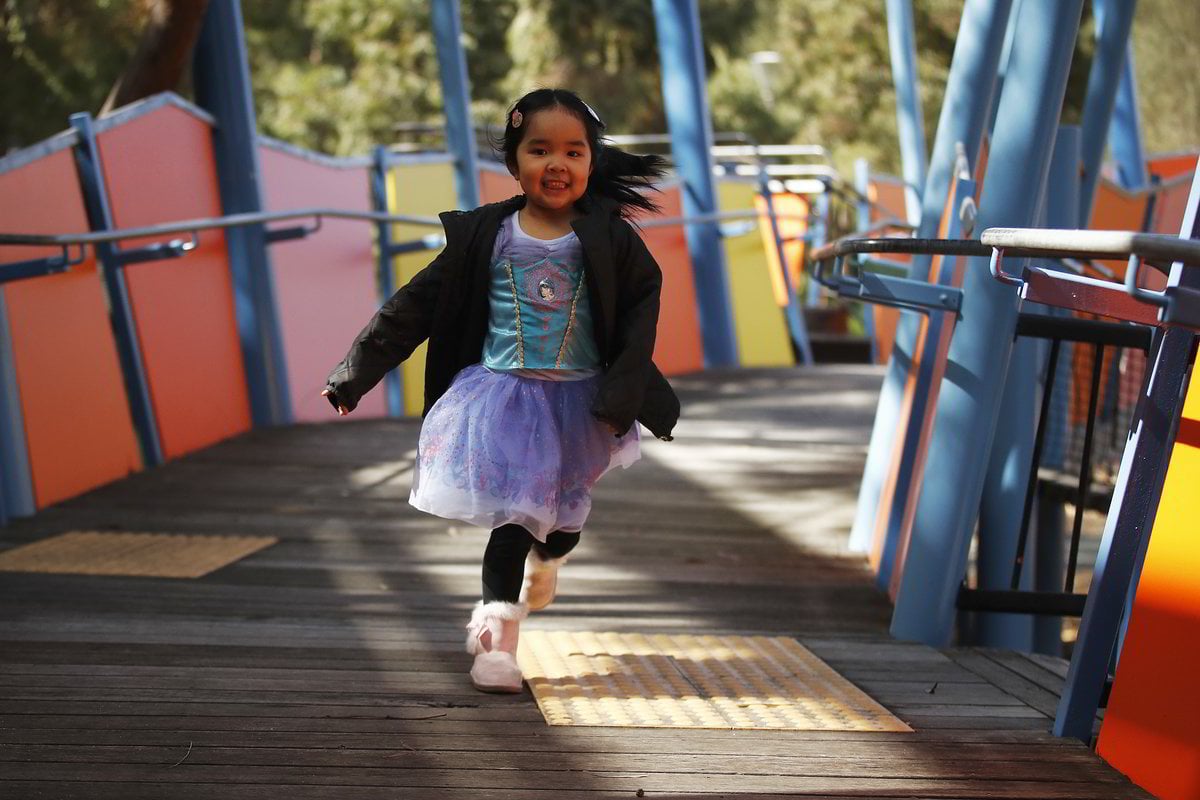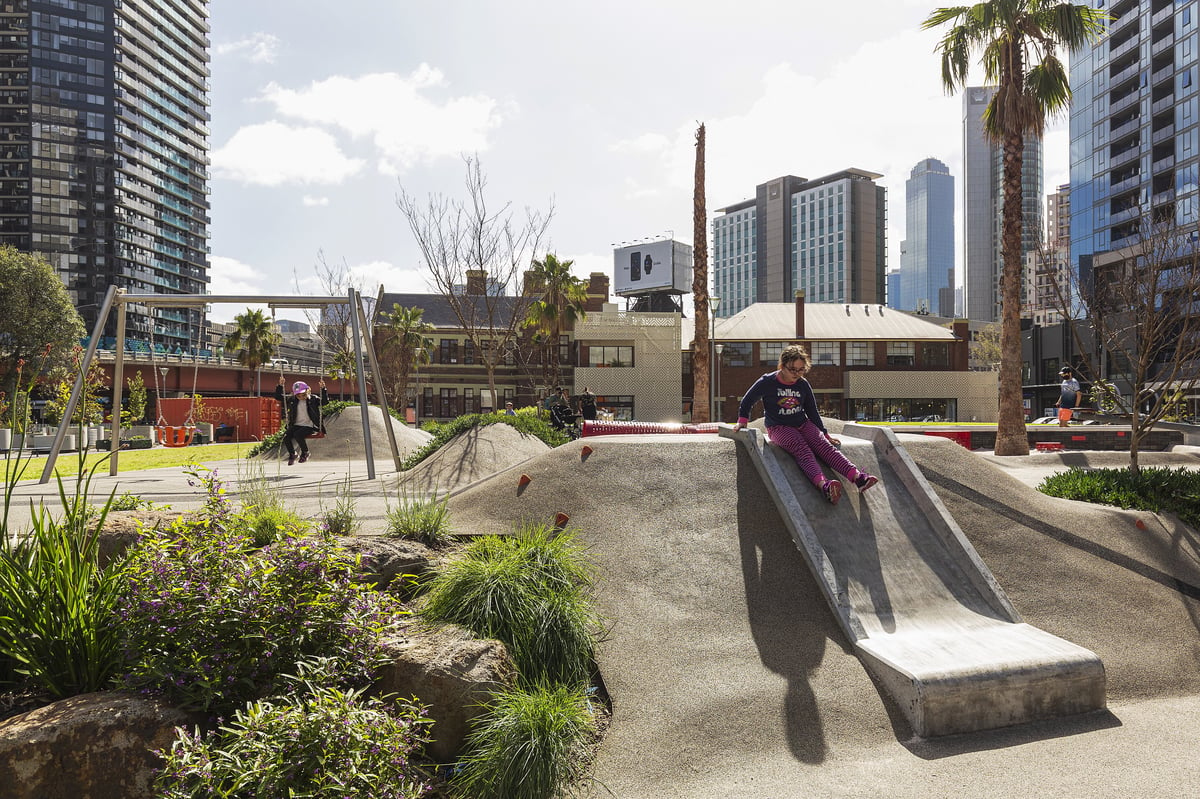
This year has been a long, confusing, tough ride for all of us.
The COVID-19 pandemic has drastically changed our way of life - and for those in Melbourne, meant tight lockdowns for months at a time.
Families have been confined to small apartments together. Schools and childcare centres have been closed, and opportunities for children to interact with peers at playgrounds, parks and other public places have been removed.
Then there's the general anxiety that comes with a pandemic - and perhaps not quite understanding what is going on.
The Quicky explores what a pandemic and lockdown does to our kids. Post continues below audio.
So what does this mean for the brains, development and mental health of children?
Melbourne mum Heather Kelabora is seeing what a lack of socialisation is doing for her five-year-old and two-year-old children.
For the younger child, it has meant an increase in clinginess and dependency.
"My five-and-a-half year-old Viv is a really social kid, and she craves her friends," Kelabora told The Quicky.
"With every change, it kind of sets her back a little bit and she shows it through that regression."
Child psychologist Karen Young told The Quicky children are more likely to be anxious at this time.
"The way anxiety works is it takes the experiences that we go through and it stores them as a record and our brain is constantly saying 'Is this safe? Is this safe? Is this safe?', and it's referring to our memories and experiences for guidance.



Top Comments